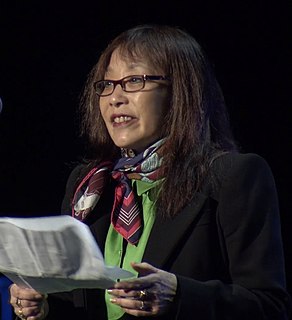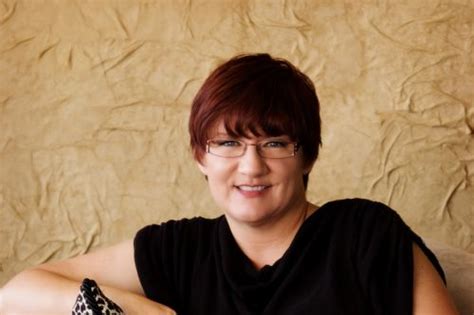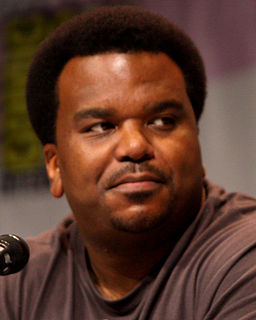A Quote by Michiko Kakutani
Mr. Robinson and Mr. Kovite have...written a captivating coming-of-age novel that is, by turns, funny and sad and elegiac -\-\ a novel that leaves us with some revealing snapshots of America, both at war and in denial, and some telling portraits of a couple of millennials trying to grope their way toward adulthood.
Related Quotes
A novel is what you dream in your night sleep. A novel is
not waking thoughts although it is written and thought
with waking thoughts. But really a novel goes as
dreams go in sleeping at night and some dreams are like
anything and some dreams are like something and some
dreams change and some dreams are quiet and some dreams
are not. And some dreams are just what any one would
do only a little different always just a little
different and that is what a novel is.
I always think about the books I'm doing in pretty much the same way. I'm simply trying to write that particular novel as well as that particular novel can be written. I want to listen to what it is telling me, trying to figure out what it wants to do as much as what I want to do with it. There's a negotiation that's constant and ongoing between me and the material I'm working with, because I'm trying to listen to it.
His [Pitt's] successor as prime minister was Mr. Addington, who was a friend of Mr. Pitt, just as Mr. Pitt was a friend of Mr. Addington; but their respective friends were each other's enemies. Mr. Fox, who was Mr. Pitt's enemy (although many of his friends were Mr. Pitt's friends), had always stood uncompromisingly for peace with France and held dangerously liberal opinions; nevertheless, in 1804, Mr. Fox and Mr. Pitt got together to overthrow Mr. Pitt's friend Mr. Addington, who was pushing the war effort with insufficient vigor.
It's disingenous for me to say that I wasn't trying to write a moral novel. By its very nature as a novel about the Iraq War, Fobbit steps into the political conversation. There's no way to avoid that. I can appreciate that readers are probably going to line up on one side of the novel or the other. I hope they go to those polar extremes, actually.
I would not describe myself as a political writer except in the sense that the personal is political, which is something that I do strongly believe. And in that sense American Gods is a very personal novel and a political novel. I was trying to describe the experience of coming to America as an immigrant, the experience of watching the way that America tends to eat other cultures.
Robert Mueller, as Mr. Honest and as Mr. Sophisticated and as Mr. Integrity, as Mr. Cultured, as Mr. Elite, as Mr. Mannered knows full well there's nothing here, knows that there is no collusion, knows that there is no obstruction of justice, knows that if anybody is working with the Russians, it was not Donald Trump.
It's very bad to write a novel by act of will. I can do a book of nonfiction work that way - just sign the contract and do the book because, provided the topic has some meaning for me, I know I can do it. But a novel is different. A novel is more like falling in love. You don't say, 'I'm going to fall in love next Tuesday, I'm going to begin my novel.' The novel has to come to you. It has to feel just like love.
In '94, I started writing a novel about an enormous terrorist act that destroyed the United States. The novel takes place twenty years after this destruction, with all the stuff that we're dealing with now - a dirty war, the disappeared, the concept of terrorism. Anyway, 9/11 happened some years into the process, and I was like, OK, I don't have a novel.
The age of the book is not over. No way... But maybe the age of some books is over. People say to me sometimes 'Steve, are you ever going to write a straight novel, a serious novel' and by that they mean a novel about college professors who are having impotence problems or something like that. And I have to say those things just don't interest me. Why? I don't know. But it took me about twenty years to get over that question, and not be kind of ashamed about what I do, of the books I write.




































